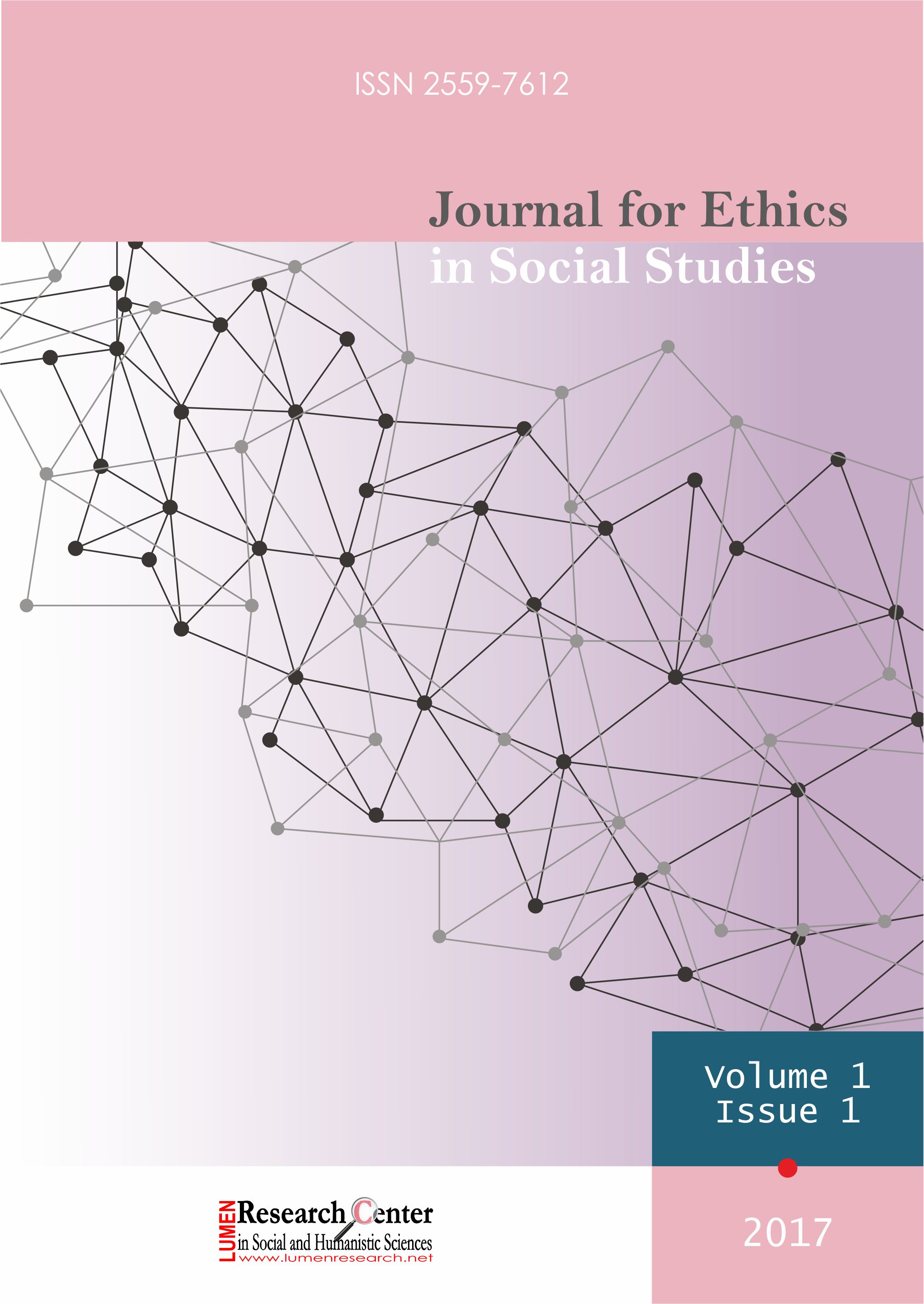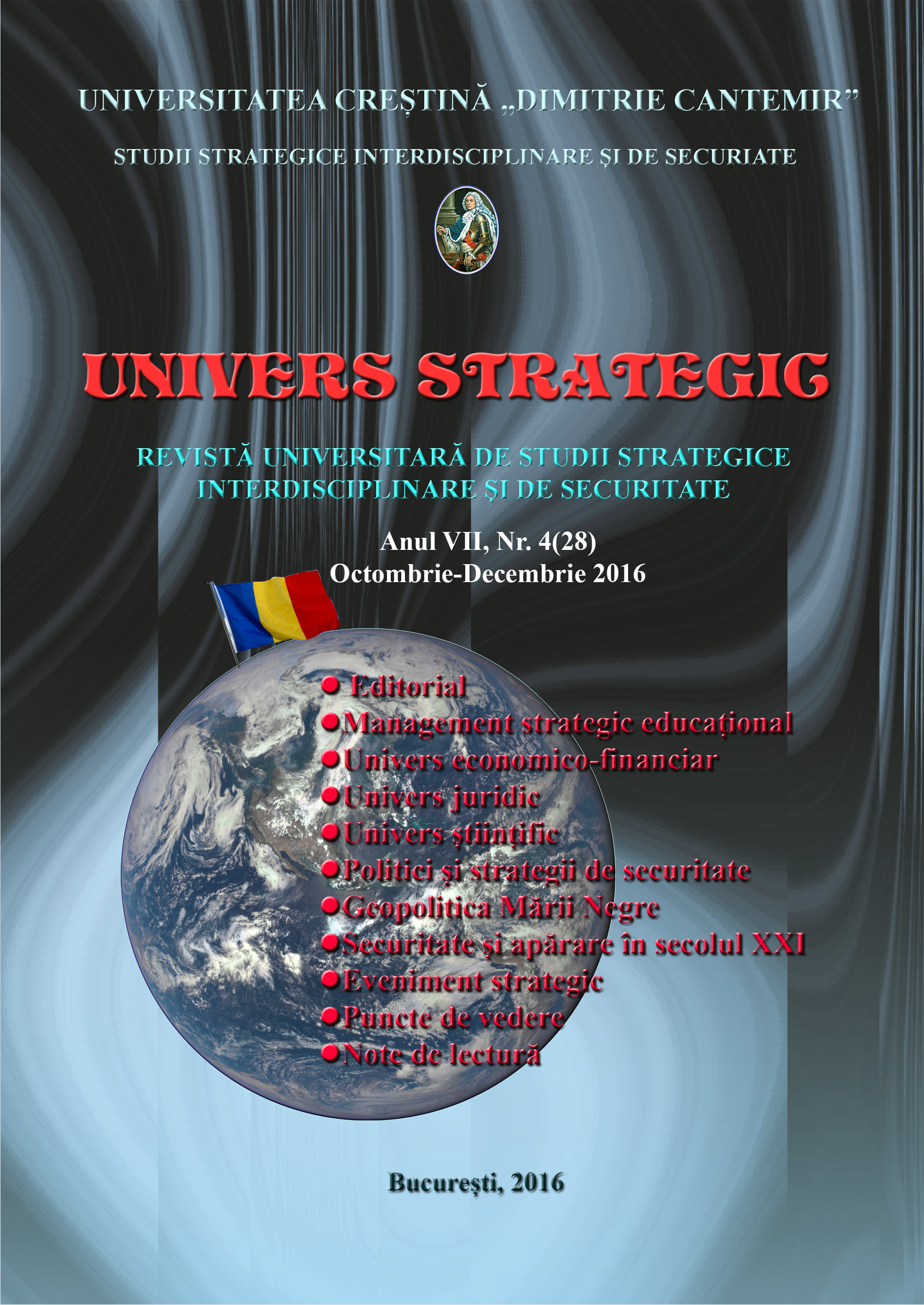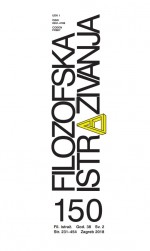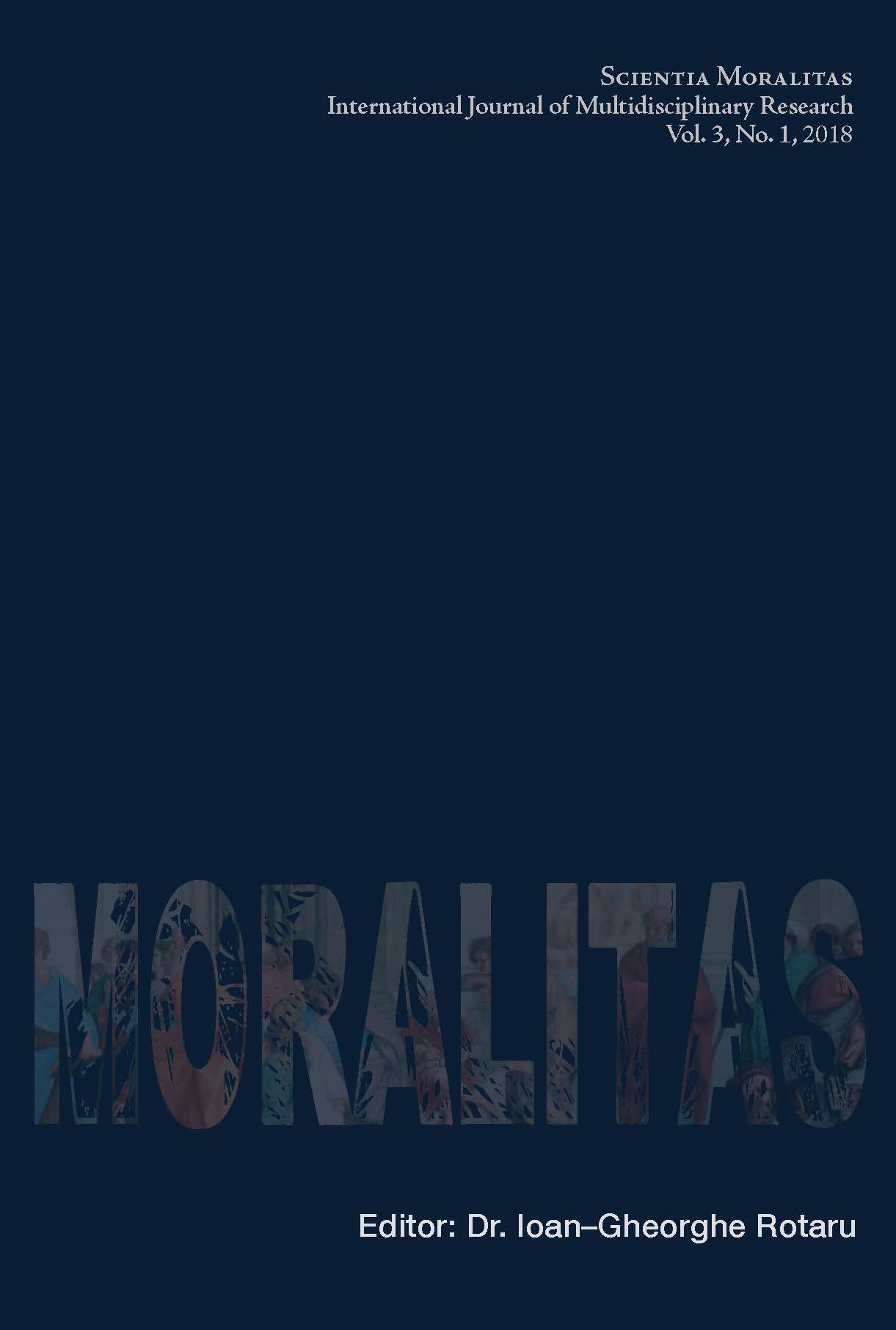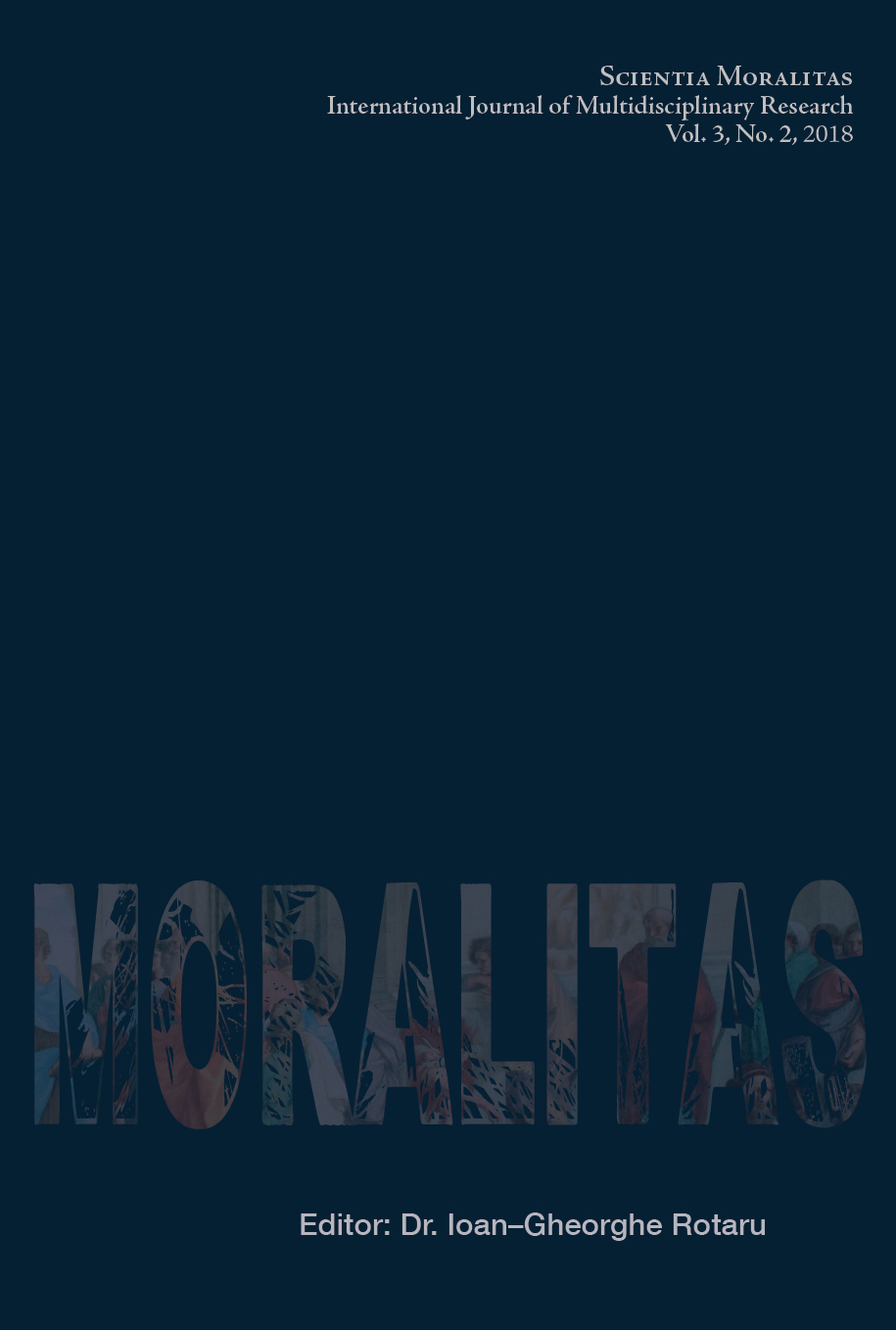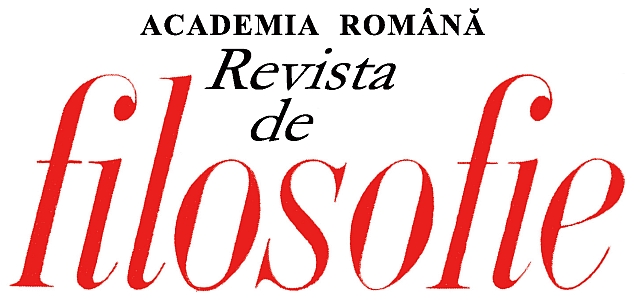The Media Impact on the Public Acceptability of Euthanasia
The article presents the results of a micro-research among students from a non-medical specialty at a university in the N.E. area of Romania, which aims at analysing the changes in the opinions regarding the moral, social and juridical acceptability of euthanasia according to the discursive context in which the opinions are expressed. The microtest was developed based on the repeated application of a questionnaire on euthanasia, before and after watching "Me before you". The film presents the issue of euthanasia from the point of view of a youngster who is accustomed to practicing extreme sports, and suffers from tetraparalysis after an accident, and a young woman who is committed to taking care of the young man and who falls in love with it. The film has an emotional impact considered by researchers to be particularly high. The hypothesis of the research is that a discursive context with a special emotional load changes the social and ethical acceptability threshold of a social fact - the voluntary request of the interruption of the course of life - considered unacceptable by that interpretative community. The micro-research sought to measure the changes in public perceptions regarding the moral acceptability of euthanasia in terms of exposure of the public to euthanasia-friendly media. Specifically, a group of students questioned the ethical acceptability of euthanasia before and after exposure to media euthanasia, in particular the movie Me Before You, a film by Thea Sharrock after the novel with the same title of author Jojo Moyes.
More...
